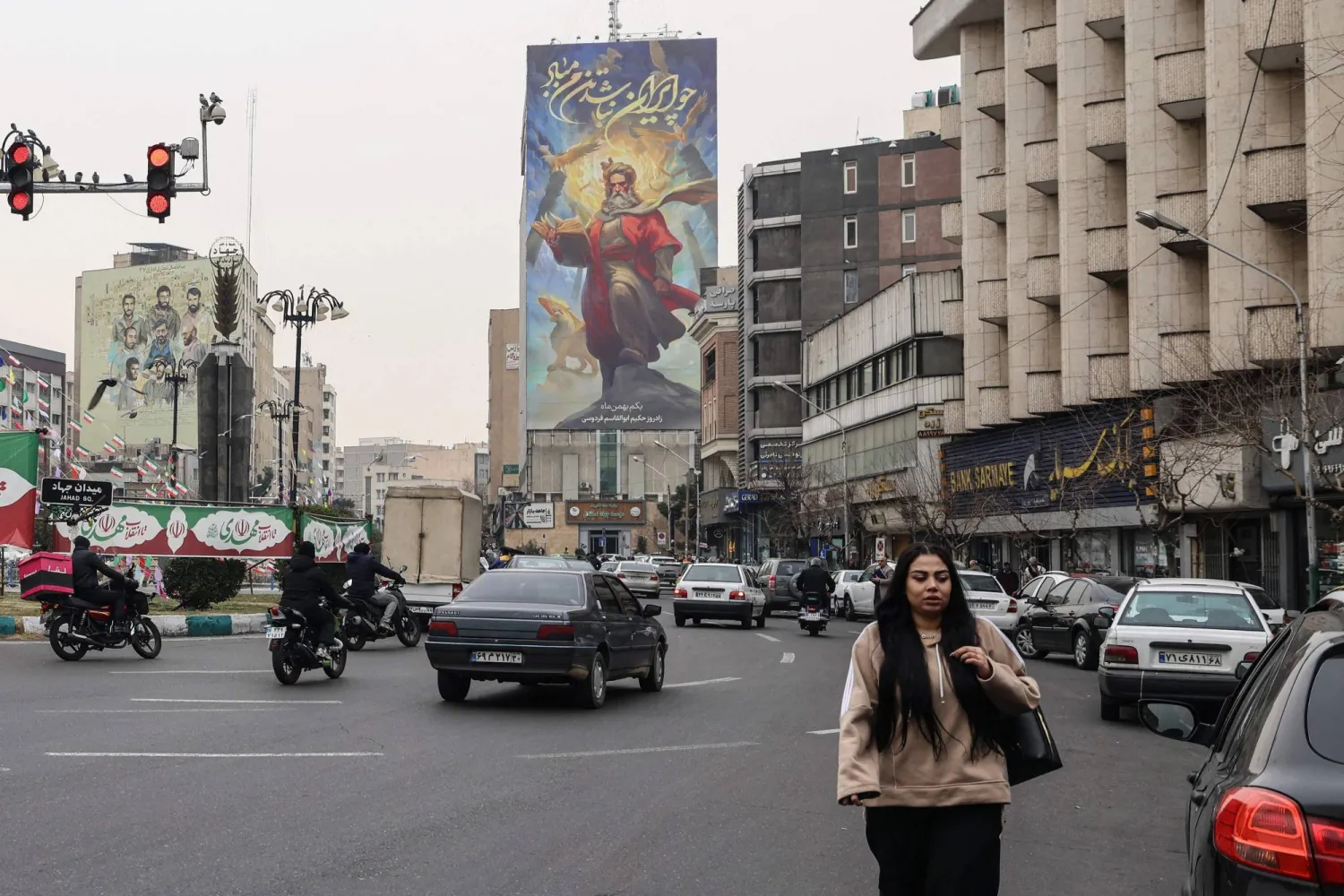Russian President Vladimir Putin said Saturday he would deploy tactical nuclear weapons in neighbor and ally Belarus, bringing the arms to a country at the gates of the European Union.
Putin has previously issued thinly veiled warnings that he could use nuclear weapons in Ukraine if Russia were threatened, reviving Cold War-era fears, AFP said.
He also said he would deploy depleted uranium ammunition if Kyiv received the controversial weaponry from the West, following a British suggestion that it could supply Ukraine.
Putin said the move to deploy tactical nuclear weapons to Belarus was "nothing unusual."
"The United States has been doing this for decades. They have long placed their tactical nuclear weapons on the territory of their allies," Putin said.
Putin said he spoke to Belarusian leader Alexander Lukashenko and said "we agreed to do the same."
He added that Russia had helped equip Belarusian planes "without violating our international agreements on nuclear-non-proliferation... 10 planes are ready for this type of weapon to be used."
Russia has given Belarus an Iskander system that can carry nuclear weapons, Putin also said.
It will start training crews on April 3 and plans to finish the construction of a special storage facility for tactical nuclear weapons by July 1.
- 'Most harmful' -
Putin also said that Russia would respond if the West supplied Ukraine with depleted uranium ammunition.
"Russia of course has what it needs to answer. Without exaggeration, we have hundreds of thousands of such shells. We have not used them yet," Putin added in an interview on Russian television.
He said the weapons "can be classified as the most harmful and hazardous for humans... and also for the environment."
Depleted uranium munitions are highly effective at piercing armor plate, but their use is controversial.
The metal is toxic for the soldiers who use the weapons and for civilians in areas where they are fired.
Putin has previously said nuclear tensions were "rising" globally but said Moscow would not deploy first.
The International Campaign to Abolish Nuclear Weapons (ICAN) has warned nuclear threats were creating a dangerous sense of uncertainty around their possible use.
The longer Russia's operation in Ukraine grinds on, the greater the nuclear strike risk, ICAN warned last month ahead of the offensive's first anniversary.
- Nuclear threat -
Putin announced last month that Moscow would suspend its participation in New START, the last remaining arms control treaty between the world's two main nuclear powers, Russia and the United States.
NATO chief Jens Stoltenberg slammed Russia for suspending the nuclear weapons limitation treaty with the US, saying it marked the end of Europe's post-Cold War arms control architecture.
The announcement came after Moscow last August suspended US inspections of its military sites under New START.
US officials have voiced fears that Russia could use nuclear weapons if it feels routed on the battlefield and could plant a fictitious story to justify its actions.
Russia has already spoken of supposed Ukrainian attempts to detonate a "dirty bomb," drawing strong denials from Ukraine and a sharp rebuke from the United States, which had rare direct communication with Moscow to warn against nuclear use.
Neither the United States nor Russia -- by far the largest nuclear weapons powers -- officially has a policy of no first use of the ultra-destructive arms.
Russian officials have repeated that Russia would only use nuclear weapons if it was facing an "existential threat" -- but the definition of such a threat remains vague.
A recent US posture review by President Joe Biden concluded that nuclear weapons should only be used in "extreme circumstances."









